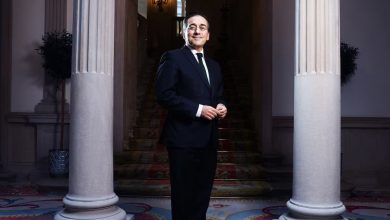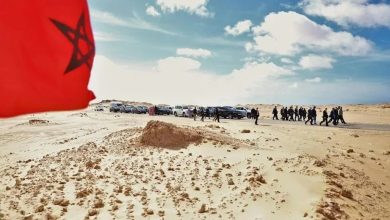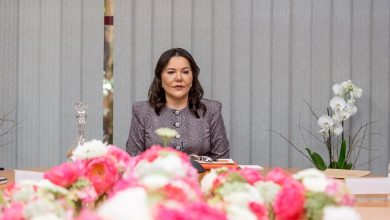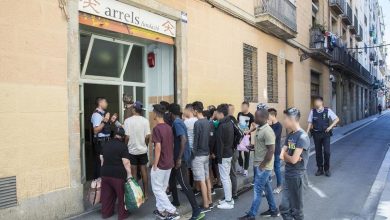Noticias ALDARPOLÍTICA
From Oujda to Pretoria: Morocco Reclaims the Memory of African Liberation – Zuma Supports Moroccan Sovereignty Over the Sahara and Recalls Rabat’s Embrace of Mandela
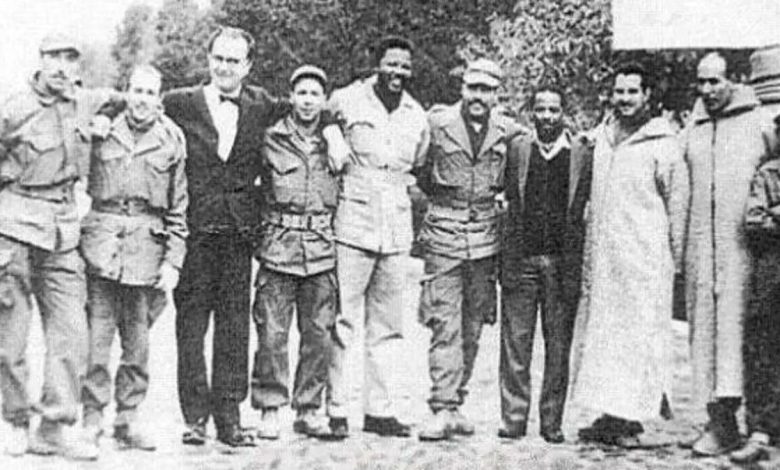
By: Meryem Hafiani | Aldar
Former South African President and leader of the “Umkhonto we Sizwe” (MK Party), Jacob Zuma, has publicly declared his strong support for Morocco’s autonomy plan as a credible and realistic solution to the Sahara issue, firmly grounded within the framework of the Kingdom’s sovereignty. Zuma’s endorsement went beyond a mere political stance—it was deeply rooted in a historical narrative that evokes Morocco’s longstanding solidarity with Africa’s liberation movements.
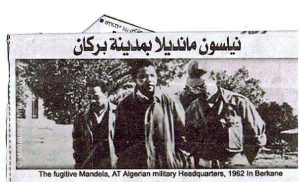
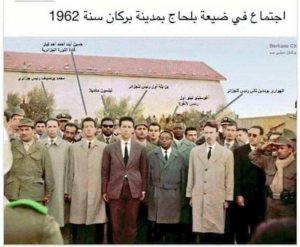
During a press conference held in Rabat on July 15, Zuma recalled that the late Nelson Mandela had received military training in 1962 in the Moroccan city of Oujda, located along the Kingdom’s eastern border. At the time, Oujda served as a vital logistical and strategic hub, not only for South African liberation forces but for anti-colonial movements across the continent.
Since gaining independence in 1956, Morocco became a beacon for freedom fighters resisting colonialism and apartheid. In the early days of independence, the late King Mohammed V—and later, King Hassan II—anchored Morocco’s African policy in unwavering support for liberation struggles and pan-African unity. The Kingdom opened its doors to major African leaders, including Ahmed Sékou Touré of Guinea, Kwame Nkrumah of Ghana, Patrice Lumumba of the Congo, and of course, Nelson Mandela of South Africa.
In this context, Morocco was one of the first nations to support the African National Congress (ANC) in its fight against apartheid. It hosted ANC leaders and provided them with military training in camps near Oujda. In fact, Mandela himself acknowledged, during his visit to Morocco in 1994, that “the Moroccan people were among the first to believe in our cause and supplied us with weapons and expertise.”
More than six decades later, Zuma—one of the iconic figures of the anti-apartheid movement—reiterates in Rabat that Morocco “not only supported Africa’s liberation but remained loyal to the principles of unity and non-fragmentation.” This statement subtly denounces separatist movements across the continent and aligns with Morocco’s firm position against dividing African nations under the guise of self-determination.
⸻
Analyzing the Context Behind Zuma’s Shift in Position:
•Strategic Timing: Zuma’s support for Morocco’s autonomy plan comes at a time when Africa is reassessing its postcolonial alliances. With a growing number of African states withdrawing recognition of the Polisario Front, the balance is increasingly tilting toward Morocco’s pragmatic and sovereignty-based solution.
•South Africa’s Political Recalibration: His position also signals a subtle shift in South Africa’s political climate. More intellectuals, liberation veterans, and public figures are now questioning the relevance of backing separatist narratives that clash with the founding ideals of unity, territorial integrity, and anti-racism upheld by Africa’s liberation movements.
•Diplomatic Depth: Zuma’s visit and his engagements with Moroccan officials also underscore the effectiveness of Morocco’s royal diplomacy—spearheaded by King Mohammed VI—in consolidating its African leadership not only through economic ties but also by reclaiming the continent’s collective memory and symbolic alliances.
⸻
From Oujda, the city that welcomed Mandela over sixty years ago, to Rabat, the capital that now welcomes Jacob Zuma, history bears witness to Morocco’s role not merely as a participant in liberation struggles, but as a crucible of unity and moral leadership in Africa’s renaissance. Today, as African leaders reconnect with that shared legacy, they see in Rabat a trusted partner and a realistic political vision that champions African unity over division.


